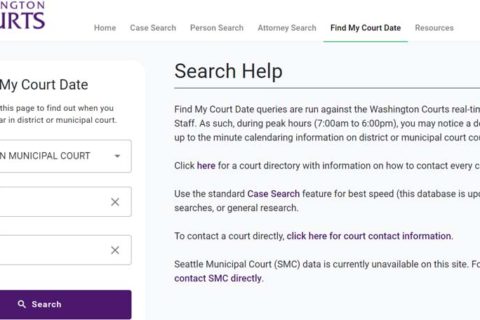What is a disposition date? With respect to a criminal case, disposition date refers to the date that a court created a final ruling on your case. Well, in this article, we will focus on what the disposition date is.
What is a Disposition Date?
Usually, the criminal laws in most jurisdictions state that a disposition date is the date when a judge or jury creates a final ruling on your criminal case. Several jurisdictions may state that a set of criminal charges can have some disposition dates such as the date of a court ruling on a particular pretrial motion, and the date of a court ruling during the case’s final criminal proceedings. The actual disposition of a case will vary depending on the type of case which is in court.

Disposition date does not include the sentencing of a case. It means that sentencing hearings typically come after the disposition date. Need to note that sentencing hearings are occasionally referred to as disposition hearings. Generally, courts use the dates of disposition for record-keeping purposes. Also, courts use the dates of disposition for determining the deadline for filing an appeal.
By the way, what is the date of disposition in a civil case? In the context of a civil case, a disposition date is the date on which a judge or jury creates a final decision on a case. For instance, in a personal injury case, a disposition can mean a decision as to whether a defendant is liable or not liable.
What Does Disposition Mean?
So, what does disposition mean? Disposition is a legal term which refers to the final outcome of the case. In the context of a criminal case, several common dispositions are:
- Convicted, which means you have plead or been found guilty by a judge.
- Acquitted, which means you have been found not guilty by a judge in a criminal trial. So, a court acquitted you of the criminal offense.
- Dismissed, which means that the court or prosecutor has dropped the criminal charges filed against you.
- Vacated, which means the court has withdrawn the guilty plea or set aside the guilty verdict. And, for all purposes you can state that you have never been convicted of that crime.
- No charges filed, which means that the court or prosecutor has decided not to pursue criminal charges against you.
- Sealed, which means the court has limited access to all or several of the content of the record. But the existence of the record will be public record. For teenagers, the sealed crime is treated as if it never happened, unless it has been subsequently unsealed.
- Expunged, which means the deletion of non-conviction information such as arrest data.
- Pending, which means that the case is still being investigated.
- Diversion/Deferred Prosecution, which means the court has delayed prosecution pending the successful completion of a treatment program.
- Suspended sentence, which means the court has delayed the sentencing for an offense pending the successful completion of a period of probation or successful completion of a treatment program.

A bookworm and researcher especially related to law and citizenship education. I spend time every day in front of the internet and the campus library.





